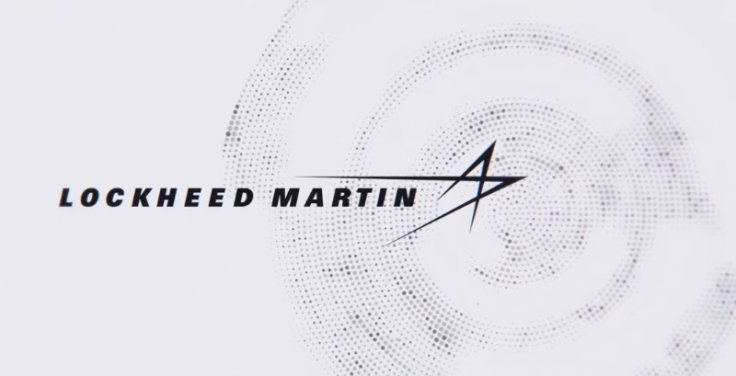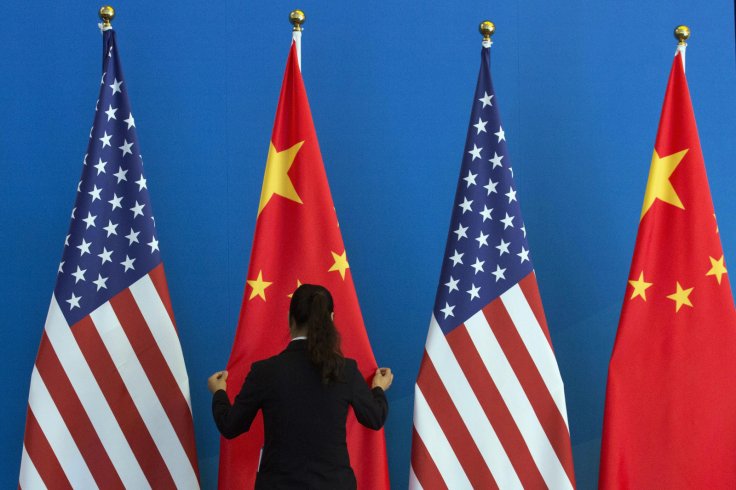China is planning to impose sanctions on US defense company Lockheed Martin for its involvement in the recent arms sale to Taiwan. China is unhappy over Lockheed Martin selling arms to Taiwan and is likely to take major steps to prevent the company from moving forward with similar deals in the future. The announcement was made by China's Foreign Ministry on Tuesday.
China's decision comes amid escalating tensions between Washington and Beijing over multiple issues. China and the US have been involved in a major trade spat that started in 2018. Although the issues were somewhat resolved, relationships have soured since the coronavirus outbreak.
China Unhappy with Lockheed Martin

China's Foreign Ministry said on Tuesday that the United States should immediately stop military contact with Taiwan in a bid to maintain a good relationship with it. At the same time, the ministry condemned the recent arms deal by Lockheed Martin.
"China resolutely opposes U.S. arms sales to Taiwan region and urges the U.S. to abide by one-China principle and the three China-U.S. joint communiques," Chinese Foreign Ministry Spokesperson Zhao Lijian said at a press conference, referring to Taiwan and 'Taiwan region'. Lijian also mentioned that China had to take a decision to impose sanctions on Lockheed Martin in a bid to safeguard national interests.
US-China Tension Escalates

Lockheed Martin is the major contractor for US' $620 million package to upgrade Taiwan's Patriot surface-to-air missiles system. The US State Department last week approved a potential foreign military deal for Taiwan to buy parts of refurbished Patriot Advanced Capability-3 (PAC-3) missiles so that they can last up to 30 years.
China, however, has always considered Taiwan as its breakaway province. Hence it hasn't welcomed Lockheed Martin's involvement in this defense contract. Also, US defense companies have limitations on the kind of business they do with other countries, which Washington considers rivals, such as China.
However, Lockheed Martin has a sizeable presence in Asia. The company generated 9.7 percent of its total revenues last year from the Asia-Pacific region. That said, China's decision to impose sanctions on Lockheed Martin comes amid escalating tensions between Washington and Beijing over multiple issues that have further worsened following the coronavirus outbreak.
The United States has been repeatedly blaming China for its failure in handling the pandemic that has now shaped into the biggest global crisis of the century. Moreover, China's move comes just a day after Beijing announced tit-for-tat sanctions against four US officials, including senators Ted Cruz and Marco Rubio, in retaliation to Washington's decision to impose visa restrictions on Chinese officials over the treatment of the Uyghur community in the northwestern province of Xinjiang.









